Hãy nhập câu hỏi của bạn vào đây, nếu là tài khoản VIP, bạn sẽ được ưu tiên trả lời.

Dear Anna,
I'm glad that you like the cooking book. It has many interesting recipes in there, you should try one. By the way, Sunday sounds great, I'll come over at 4 p.m.
See you soon,
Linda
Hi Anna,
I'm glad that you're finding my book on healthy cooking helpful.
I am delighted to join you at your home this Sunday to find out some recipes from the book with you.
Unfortunately, my mango trees has not produced any mangoes at the time, but by the way I will buy some fresh mangoes from the market on the way to your place for one of the dishes.
Looking forward to seeing you soon.
Warm regards.
Linda.


Living in a smart city brings many benefits and disadvantages. In this article, I will present some pros and cons of living in a smart city.
The first advantage of living in a smart city is convenience. Information and communications technology is integrated into urban systems, helping to provide public services more effectively. For example, through mobile applications, people can easily search for information about transportation, destinations, and entertainment activities. Furthermore, the smart traffic system helps reduce congestion and save travel time.
Another advantage of smart cities is energy saving and environmental protection. Advanced technologies are applied to manage and use resources effectively. For example, automatic lighting and temperature regulation in buildings help save energy. In addition, the use of smart public transport and self-driving cars helps reduce polluting emissions.
However, living in a smart city also has disadvantages. One of them is the issue of information security. With the widespread use of information technology, the risk of personal information insecurity and privacy violations increases. This requires strong security measures to ensure the safety of people's personal data.
Another drawback of smart cities is their dependence on technology. If technology systems fail or are attacked, public services could be disrupted. This poses challenges for maintaining stability and ensuring security of smart cities.
In short, living in a smart city brings many benefits such as convenience and energy savings. However, it is also necessary to pay attention to information security issues and dependence on technology. To make the most of the advantages and minimize the disadvantages, smart investment and management from city managers is needed.

It's possible that the green color on the cover represents nature or the environment, which is a central theme of the book. I can also see a river on the left of the book. I guess this book is about protecting the environment

a) countable nouns: document, gadget
(danh từ đếm được: tài liệu, tiện ích)
b) uncountable nouns: habit, health, information, money, music, software, website, homework
(danh từ không đếm được: thói quen, sức khỏe, thông tin, tiền bạc, âm nhạc, phần mềm, trang web, bài tập về nhà)

đây là bài tập của tơ cô giao về nhà mà khó quá chưa giải được ạ

A. mansion (khu nhà lớn)
B. thatched cottage (nhà tranh lợp mái)
C. semi-detached house (nhà liền kề)
D. flat (căn hộ)
A: What type of home do you live in?
(Bạn sống trong loại nhà nào?)
B: I live in a detached house in district 10.
(Tôi sống trong một căn nhà biệt lập ở quận 10.)

In today's digital age, screens have become an integral part of our daily lives. However, excessive screen time can have some negative impacts on our health, particularly for teenagers. In my opinion, it is important to limit teenagers' screen time. Firstly, prolonged exposure to screens has been linked to a variety of health problems such as obesity, poor eyesight, and insomnia. Spending excessive amounts of time in front of screens can also cause headaches, neck and back pain, and postural problems. Limiting teenagers' screen time can help ensure that they get enough physical activity, fresh air, and quality sleep that their growing bodies need. Secondly, excessive screen time can negatively impact teenagers' mental health. It can lead to feelings of isolation, anxiety, depression, and even addiction. Social media platforms, for instance, can create unrealistic expectations for youth, leaving many feeling inferior and depressed. To combat this, teenagers should learn to moderate their Internet and screen usage, and pursue more meaningful and fulfilling activities. Thirdly, screen time can affect teenagers' cognitive development. The brain of a teenager is still developing, and research shows that excessive screen time can impede brain development that affects cognitive skills such as attention span, memory, and problem solving. In contrast, spending more time reading, interacting face-to-face with peers, and engaging in outdoor activities can help teenagers build positive cognitive skills. In conclusion, while screens are useful tools, they should be used in moderation, especially for teenagers. Limiting their screen time can have positive effects on their physical, mental, and emotional well-being. Parents and guardians should encourage teenagers to find other activities that they enjoy besides screens such as sports, arts, traveling, and socializing with peers. By doing so, teenagers can strike a healthy balance between screen time and other activities, leading to a healthier and happier life.

Bài 8:
1.has
2.have
3.has
4.has
5.has
6.have
7.have
8.have
Bài 9:
1.gets up
2.wash
3.has
4.brushes
5.go
6.goes
7.get
8.brushes
9.have
10.gets
~ Good luck!~

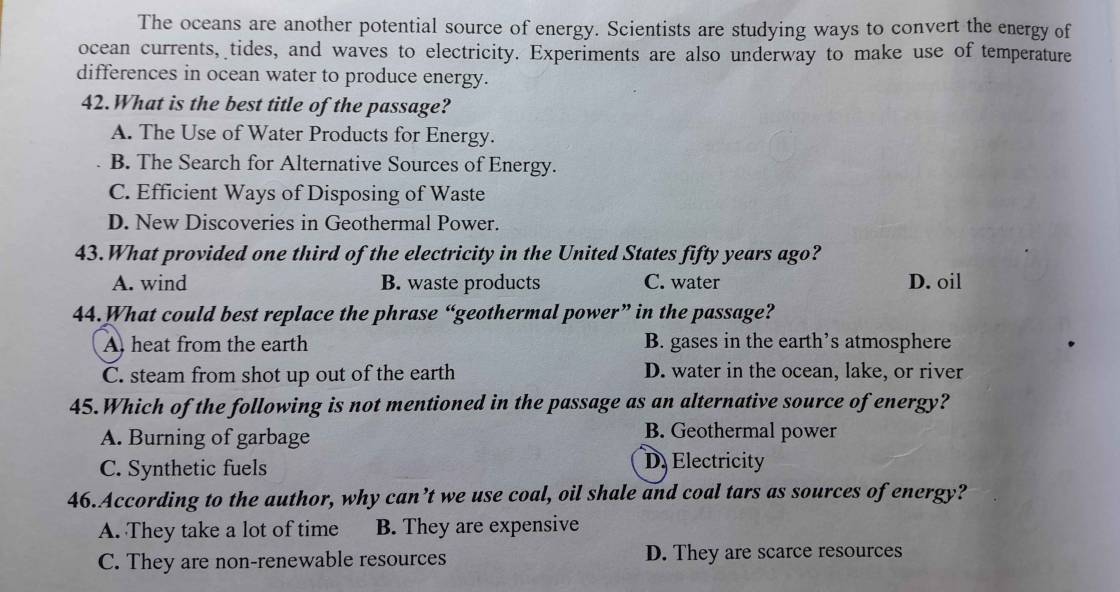



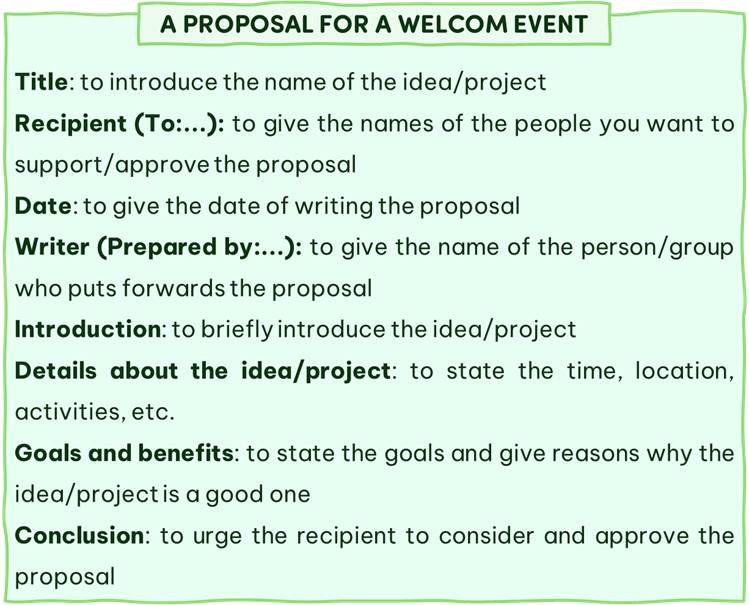
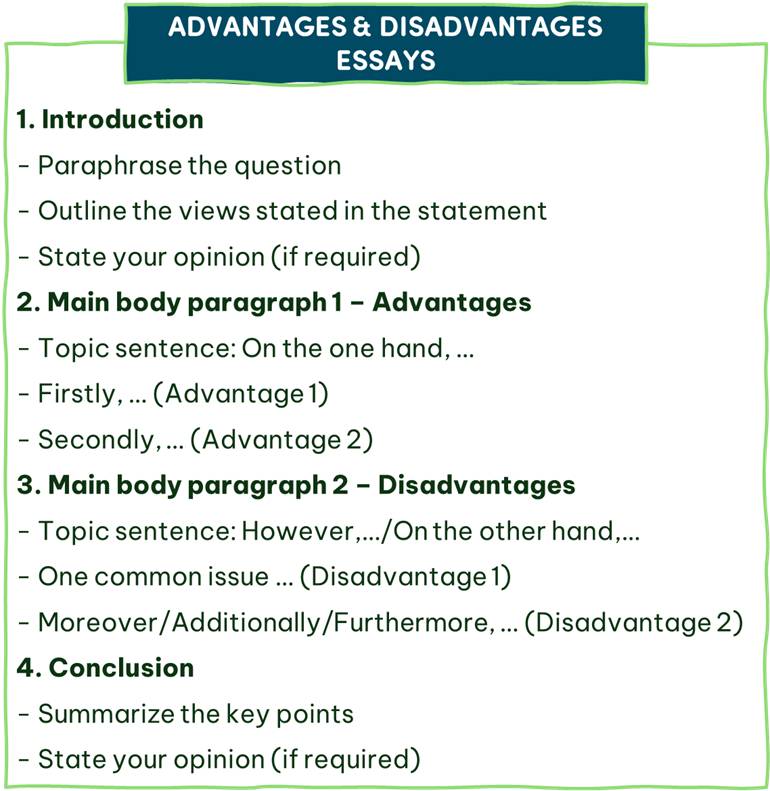
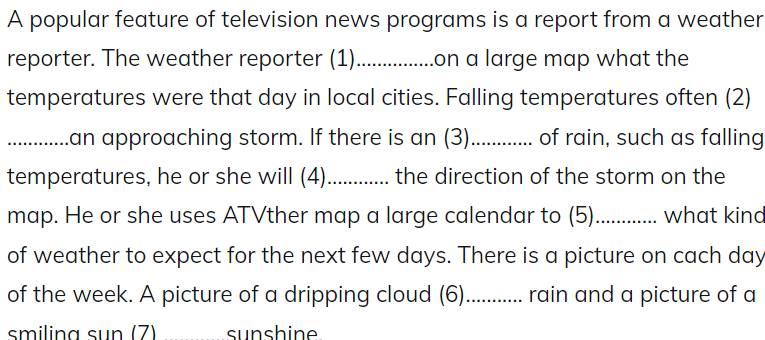
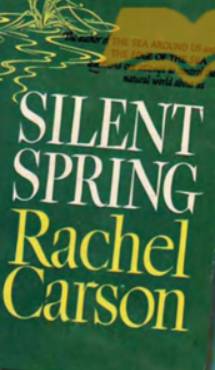



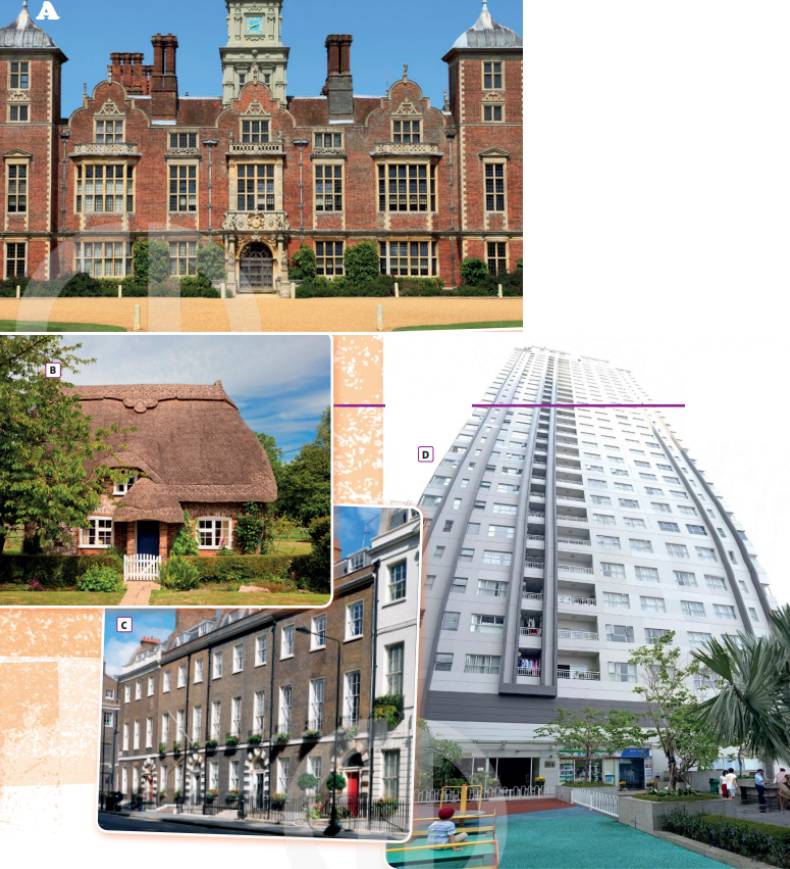
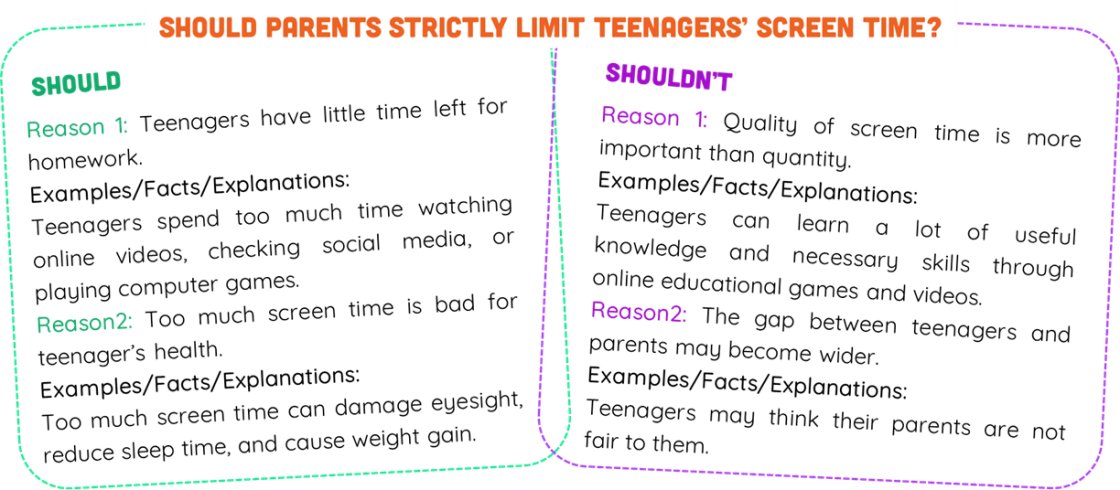
 giúp mik câu 8 và 9 ạ
giúp mik câu 8 và 9 ạ
42 Tên phù hợp nhất cho bài văn là?
A. Sử dụng sản phẩm nước cho năng lượng.
B. Cuộc tìm kiếm cho nguồn năng lượng thay thế.
C. Cách hiệu quả để loại bỏ bớt rác thải
D. Những phát hiện mới trong năng lượng nhiệt.
Thông tin: The search for alternative sources of energy has led in various directions.
Tạm dịch: Cuộc tìm kiếm cho nguồn năng lượng thay thế mới đã đi đến nhiều hướng.
Đáp án B
43 Cái gì đã cung cấp một phần ba lượng điện tiêu thụ ở Mỹ năm mươi năm trước?
A. wind: gió
B. waste products: sản phẩm dư thừa
C. water: nước
D. oil: dầu
Thông tin: Fifty years ago hydroelectric power provided one third of the electricity used in the United States, but to day it supplies only 4 percent.
Tạm dịch: Năm mươi năm trước thủy điện cung cấp một phần ba lượng điện tiêu thụ ở Mỹ, nhưng giờ đây, nó chỉ cung cấp 4%.
Đáp án C
44 Từ nào có thể thay thế cho cụm từ “năng lượng địa nhiệt” trong bài văn?
A. nhiệt từ trái đất
B. khí trong bầu khí quyển của trái đất
C. hơi thoát ra từ trái đất
D. nước ở đại dương, hồ, hay sông
=> geothermal power: năng lượng địa nhiệt = heat from the earth: nhiệt từ trái đất
Đáp án A
45 Cái nào sau đây thì không được đề cập đến trong bài văn như một nguồn năng lượng thay thế?
A. Burning of garbage: đốt rác
B. Geothermal power: năng lượng địa nhiệt
C. Synthetic fuels: chất đốt tổng hợp
D. Electricity: điện
Thông tin: Many communities are burning garbage and other biological waste products to produce electricity- Converting waste products to gases or oil is also an efficient way to dispose of wastes. Experimental work is being done to derive synthetic fuels from coal, oil shale, and coal tars. But to date, that process has proven expensive. Other experiments are underway to harness power with giant windmills. Geothermal power is also being tested.
Tạm dịch: Nhiều người đang đốt rác và các sản phẩm rác thải sinh học khác để sản xuất điện. Chuyển sản phẩm dư thừa thành ga hay dầu là một cách hiệu quả để loại bỏ bớt rác thải. Công việc thử nghiệm đang được thực hiện để thu nhiên liệu tổng hợp từ than đá, đá phiến dầu và nhựa than đá. Nhưng đến ngày nay, quá trình đó tỏ ra tốn chi phí. Những thử nghiệm khác đang thực hiện để khai thác triệt để năng lượng với những cối xay gió khổng lồ. Năng lượng địa nhiệt cũng đang được thử nghiệm.
Đáp án D
46 Theo tác giả, tại sao chúng ta không thể sử dụng than đá, đá phiến dầu và nhựa than đá làm nguồn năng lượng?
A. they take a lot of time: Họ mất rất nhiều thời gian.
B. they are expensive: chúng đắt tiền.
C. they are non-renewable resources: chúng là tài nguyên không thể tái tạo.
D. they are scarce resources: chúng là nguồn tài nguyên khan hiếm.
Thông tin: Experimental work is being done to derive synthetic fuels from coal, oil shale, and coal tars. But to date, that process has proven expensive.
Tạm dịch: Công việc thử nghiệm đang được thực hiện để lấy nhiên liệu tổng hợp từ than đá, đá phiến dầu và nhựa than đá. Nhưng cho đến nay, quá trình đó đã được chứng minh là tốn kém.
Đáp án B
47 C
51 B